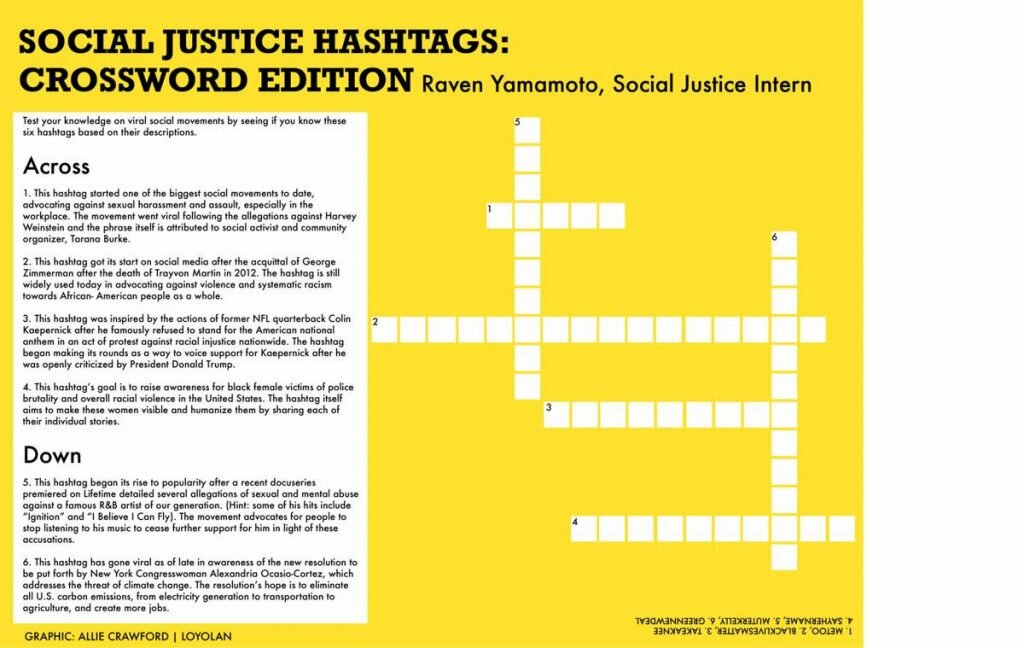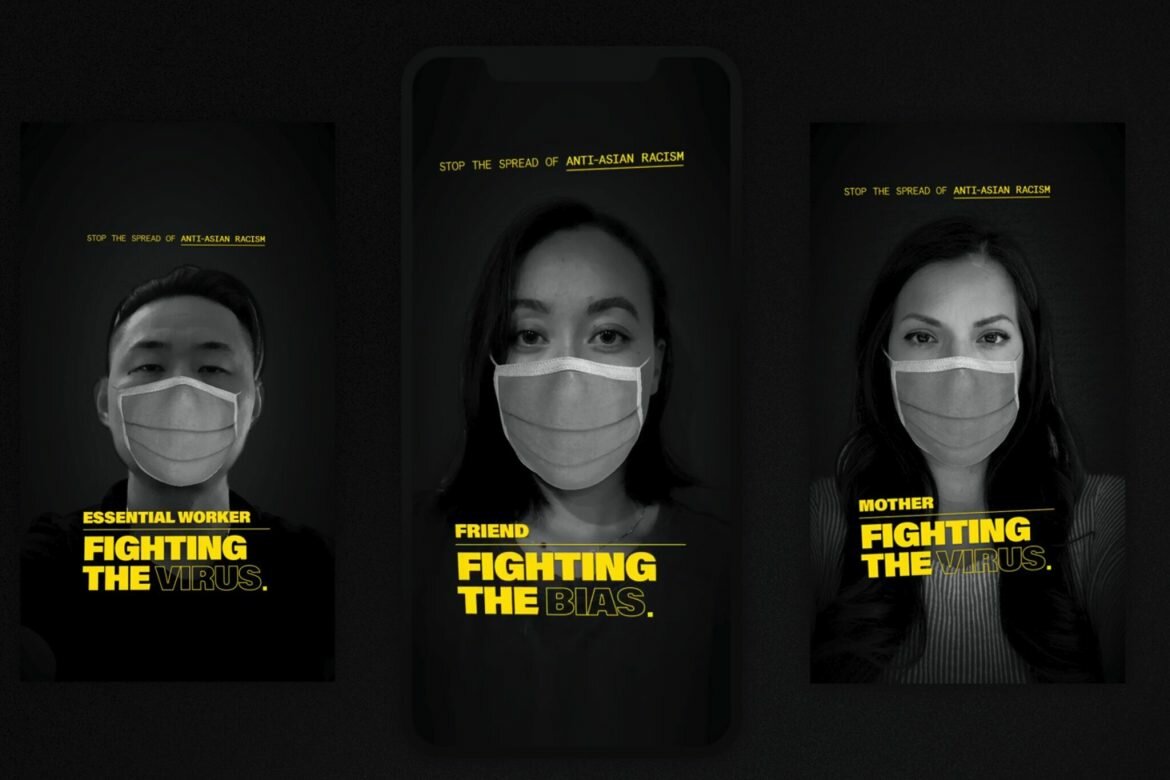Disclaimer: This blog is an information piece that discusses racism and sensitive political issues surrounding the covid19 pandemic. It is not representative of Seo Insights’s views as a company, but merely an educational post intended to inform, examine, and hopefully, entertain.
A few weeks back, in a Pew Research Center survey from July, Americans exposed a disturbing trend – a trend that, sadly, is not entirely new, but one that has been gaining significant momentum in recent weeks: Anti-Asian harassment. This trend is not new in America by any means, but as the coronavirus has spread from China across the globe, Anti-Asian harassment, tragically, has skyrocketed.
A whopping 58 percent (more than half) of all English-speaking Asian-American adults reported that racist or bigoted views about Asians had become more commonplace since the coronavirus pandemic began. More than 30 percent (nearly a third) said they had witnessed or experienced slurs or racist jokes firsthand in recent weeks, while 26 percent (more than a quarter) said they feared for their physical safety, and were frightened of assault, threats, or attack, purely because of their race. For the record, that’s a higher percentage than for Black and Hispanic adults.
Then, just this week, Anti-Asian harassment made the front page of the New York Times, thanks to a new public service announcement highlighting the surge of harassment Asian-Americans have faced in recent weeks and months.
The PSA, which debuted last Tuesday, shows testimony from a nurse, a firefighter, an artist, a driver, the celebrity chef Melissa King and others, who all describe – like something out of an ’80s true-crime movie – being told to “go back to China” or sometimes even having people spit in their path.
The ad was produced by the nonprofit Advertising Council and Emmy-winning writer Alan Yang. It closes with a powerful request: “Fight the virus. Fight the bias.”

Ever since the coronavirus was first detected in Wuhan, China, months ago, the pandemic has fueled bigotry, irrational fears, and xenophobia toward Asians and Asian-Americans. A coalition of civil rights groups recorded more than 2,100 incidents of anti-Asian harassment over the course of just three months (coinciding with the pandemic’s outbreak and subsequent spread across the globe). To make matters worse, a list of recent cases gathered by the Anti-Defamation League reports “surging reports of xenophobic and racist incidents.” Asian-owned stores have been vandalized and defaced with racist graffiti, Zoom calls and video chats have been disrupted by anti-Asian remarks, and Asian Americans have been beaten, spit at, and denied entry to businesses on no other basis than that of their Asian ethnicity.
In light of President Trump’s repeated descriptions of the coronavirus as the “Chinese virus” and “kung flu,” it would seem that correction or curative action, as a society, is going to have to come from somewhere other than government or federal leadership-by-example (seeing as, you know, we have none). If anything, the sitting president’s inflammatory statements have exacerbated racist behavior, and given dangerous, racist ideas a thin veneer of legitimacy in the current fear-based climate.
Since the president refuses to do anything about it, the righteous fight against pandemic-related harassment of Asian-Americans has fallen predominantly on civil rights groups, marketing agencies, nonprofit organizations, and – most importantly – social media accounts. Hashtags like #IAmNotCovid19, #RacismIsAVirus, #HealthNotHate and #MakeNoiseToday have multiplied and proliferated across the internet.
While it’s always tempting to resort to our default cynicism mode – to assume that social media and hashtag activism have no effect – it might be time to set aside our social vanity, reassess that cynicism in the name of justice, and reconsider just how powerful social media has become. Acting as a sort of positive counter-pandemic to the pandemic, this social media movement seems to be one of the only things with the kind of sustained virality and momentum capable of matching the natural virality of racism, hatred, and bigotry. (After all, is there anyone in America who doesn’t recognize the #metoo hashtag, and possess at least a cursory knowledge of its meaning?)
Asiancy, a Portland-based ad agency, posted a video in May about anti-Asian discrimination and its ripple effects across society. Meanwhile, the Los-Angeles-based marketing firm IW Group called on designers, actors, musicians, and – wait for it – social media influencers to participate in their #WashTheHate social media campaign – a campaign designed and implemented specifically to counteract Anti-Asian harassment.
The Ad Council, which worked with Gov. Andrew M. Cuomo of New York this month to create a face mask initiative, will roll out the new anti-Asian harassment campaign through multiple media formats, including online and television.

In recent years, social media platforms have exploded in popularity, with membership, user bases, and ad revenues expanding exponentially across the globe, every fiscal quarter posting record gains and shattering world-records for membership. (Instagram alone has more than 1 billion monthly users – that’s more than the entire religion of Buddhism worldwide.) Social media enables us to be more connected to each other than ever before, and along with that connectivity comes a hyper-virality of information, an ability for social justice movements to spread like wildfire in a matter of hours. Hashtags can quickly catch on and carry a movement around the world in less than a day. Entire societies can be reshaped, thanks to social media, over the course of a few years of consistent online activism and digital pressure.
Activists in civil rights, LGBTQ rights, environmental protection, and – perhaps most famously – the sexual violence prevention movement have all used social media campaigns and hashtags, specifically, to start vital conversations. Hashtag activism has ignited long-overdue examinations and reflections about social norms and societal values, and inspired necessary, crucial work across the globe. Work that, in time, creates a culture shift, a societal transformation, and has the power to reshape our legal and ethical systems.
From a marketing standpoint, perhaps it helps to remember that posts that incorporate a hashtag receive, on average, 20% more engagement than those that don’t.
If you’d like to incorporate some good old fashioned hashtag activism into your online life, we here at Seo Insights have put together a handy dandy hashtag list for you, a short-and-sweet collection that encompasses some of the most popular, most pertinent, and most powerful social media movements of this post-COVID world:
- #metoo – sexual harassment, abuse of power as a tool of sexist, patriarchal societies
- #aufschrei – sexism in German society and culture (“aufschrei” means “outcry” in German)
- #niunamenos and #niunamas – “not one woman less” and “not one woman more” – Latin American femicide resistance movement
- #blacklivesmatter or #blm – support for black Americans suffering from generations of police brutality and systemic racism, support for civil rights and police reform
- #sayhername – justice for Breonna Taylor, support for arresting the police officers who murdered her in March of 2020
- #love – an evergreen hashtag, always popular, can be applied to any social justice movement or activist cause. generally used in association with LGBTQ and civil rights movements.
- #IAmNotCovid19, #RacismIsAVirus, #HealthNotHate, and #MakeNoiseToday – current anti-harassment hashtags, supporting public health and anti-harassment social movements during the covid19 pandemic
So now that we know how it works, we know that it’s needed, and we know how to use it – it’s time to get to work. Get out there and start hashtagging. And remember: social change can start with just one person, in just one tiny corner of the world. With enough momentum and the right hashtags, we can build a more peaceful, less hateful and less fearful world.
